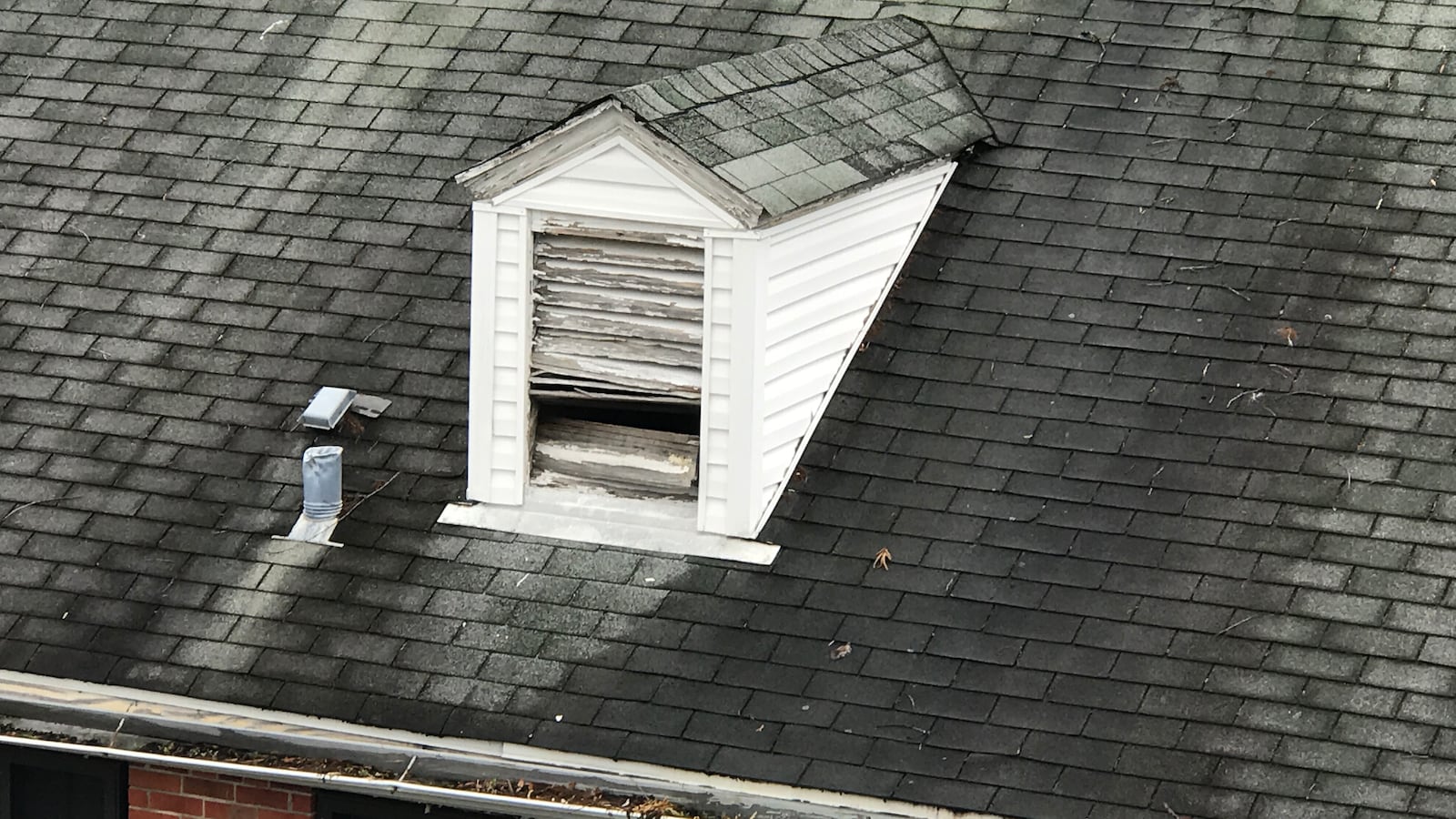In a sea change, some Memphis charter schools could soon use district buildings without paying rent, though which would qualify is yet to be determined.
The proposal is the latest from the committee of charter and district leaders tasked with working through thorny issues between the sectors, which often have a tense relationship because they are competing for students. Shelby County Schools board members will discuss the recommendation at its meeting tomorrow evening and vote next Tuesday. (Update: The board approved this measure.)
The group is also recommending that Shelby County Schools sell its unused buildings to charter schools if the buildings are in good enough condition. Of the 10 vacant district-owned buildings, four would qualify.
The proposed policy would go a long way in clarifying charter school access to public facilities and speeding up Shelby County Schools’ shedding of excess buildings, an issue that has become more acutely felt as enrollment declines.
2016 map: Half of Memphis schools closed since 2012 stand empty
Charter schools authorized by Shelby County Schools make up about a fourth of the district, the most in the state, but only five of the 51 schools use district space. The rest rent private space or, in a few cases, own their buildings.
One barrier to using district space: Until recently, district officials required charter schools to pay rent because not all schools agreed to pay an “authorizer fee” meant to defray the costs the district incurs in overseeing charters. But now that a new state law requires charter schools to pay 3 percent of their state and local dollars to their authorizers starting next year, the district is under less pressure to recoup costs.
The prospect of a change is exciting to Tom Benton, the founder of Vision Prep, one of the five schools currently operating in district space. The school has been spending $79,000 a year to rent its southwest Memphis building, while also footing the bill for maintenance, utilities, some insurance, and any capital improvements it wants to make.
Benton said there are better uses for taxpayer dollars.
“That money could have bought us a new roof,” Benton said from his office, which is one of several parts of the school that have flooded during recent rainfalls. He recently promoted a part-time building engineer to full-time to deal with the issue.
“This is a public school with public school children,” he said. “We feel like those dollars should follow the child.”
It’s unclear whether Vision Prep will get to operate rent-free. The proposal does not guarantee free rent, only make it available, and it does not specify which charter schools will qualify.
Brad Leon, chief of strategy and performance management, said the district could weigh where the school wants to locate, performance on state tests, and whether the school offers specific programs, such as STEM or Montessori. Those specifications would ultimately be up to the school board, Leon said.
With a charter comes the search for school space. Here’s how one Memphis operator is doing it.
How school districts handle space requests by charter schools says a lot about their relationship with the publicly funded, privately managed schools. In New York City, former Mayor Michael Bloomberg, a charter schools advocate, handed out excess space at no cost — a policy that his successor, the current mayor Bill de Blasio, campaigned on altering. (Legislation has stopped him from making major changes.)
Other urban districts with a large number of charters, including Chicago and Indianapolis, negotiate nominal rents — often just $1 — for charter schools. Those cities have robust charter sectors and, importantly, district leaders who accept that charter schools are going to serve a large number of local students.
Shelby County Schools officials have a more complicated relationship with the city’s growing charter sector. They are actively vying to prevent more students from leaving the district for charter schools. And they resent being required by law to allow the 29 Memphis schools in the state-run Achievement School District, which takes over low-performing schools and mostly turns them into charters, to operate in their buildings rent-free.
Tennessee has helped charter schools with space in other ways. It requires districts to post a list of vacant or underused properties that could be used by charter schools, although it lets districts ultimately decide what to do with the buildings.
The state has shown willingness to help charter schools with facility expenses. The same state law that ushered in the authorizer fee also launched a $6 million grant program to reimburse charter schools for capital projects, rent, or purchasing buildings — if the school has a high academic growth score. Benton said Vision Prep has applied to the grant program to offset the school’s costs.

